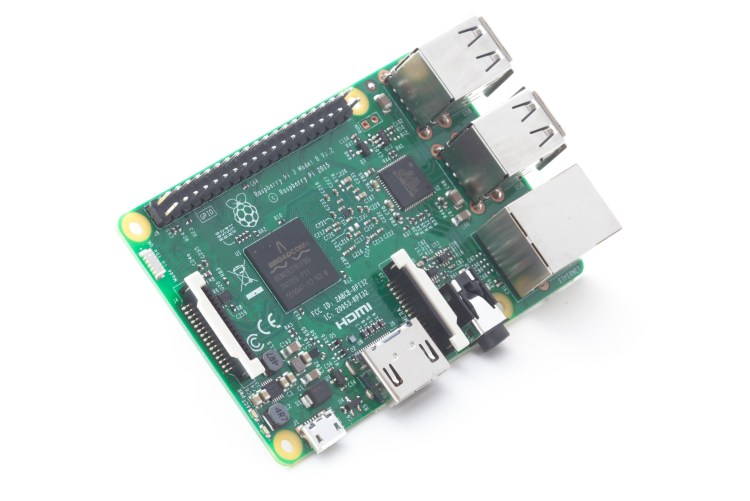Google today is announcing the availability of a developer preview of Android Things, an operating system for Internet of Things (IoT) devices that comes with tools familiar to Android developers: the Android software development kit (SDK), Android Studio integrated development environment (IDE), and Google Play Services. It’s effectively an enhancement and rebranding of the earlier Brillo operating system that was geared toward connected devices.
Developers will be able to run Android Things on boards like the Intel Edison, NXP Pico, and the Raspberry Pi 3.
A forthcoming update to Android Things will include Weave, the communication protocol that Google first introduced in May 2015 as a component of Brillo.
But then, a few months later, Google’s Nest hardware group introduced its own communication protocol that also goes by the name Weave. My colleague Ken Yeung explained the difference between the two:
However, the company told us that Nest Weave is a proprietary application protocol that Nest has used within its own products and is now offering to developers. It worked with Google on its version, which has the broader goal of impacting the larger Internet of Things space.
Now, as Google developer advocate for IoT Wayne Piekarski wrote in a blog post, Google will unite its Weave and Nest’s Weave, “to enable all classes of devices to connect with each other in a secure and reliable way. So whether you started with Google Weave or Nest Weave, there is a path forward in the ecosystem.”
Additionally, Piekarski explained, Weave as people know it today is getting a new Device software-development kit (SDK) that will make it easy for connected devices to hook in with the Google Assistant, among other things.
“The Weave Device SDK supports schemas for light bulbs, smart plugs and switches, and thermostats. In the coming months we will be adding support for additional device types, custom schemas/traits, and a mobile application API [application programming interface],” Piekarski wrote.


